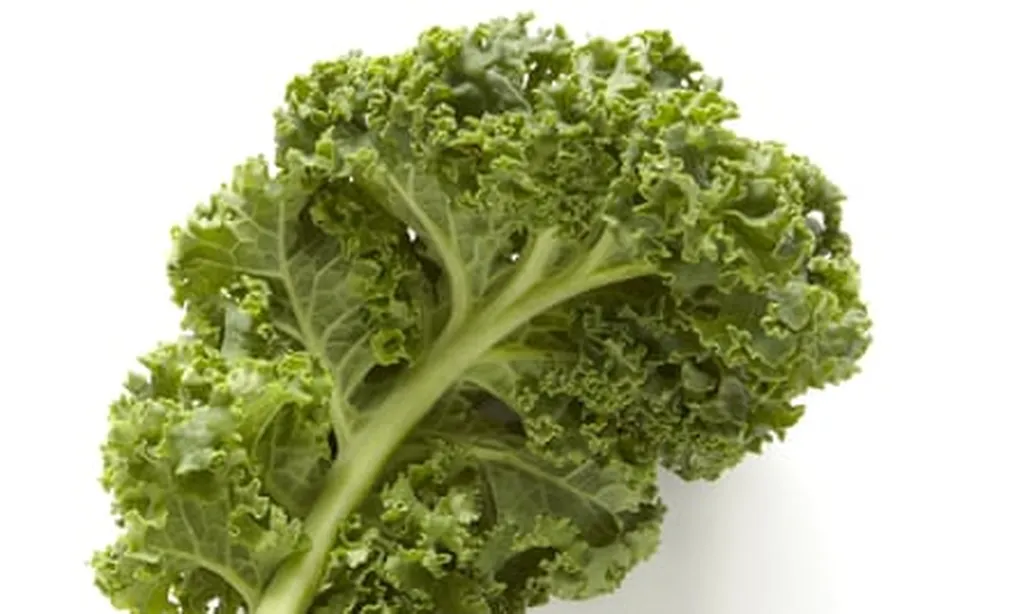In the quest to combat oxidative stress and its detrimental effects on human health, researchers have turned their attention to an unlikely ally: lactic acid bacteria (LAB). A recent review published in the journal *Microbial Biotechnology* (translated from Polish as “Microbial Biotechnology”) sheds light on the antioxidant properties of food-derived LAB, offering a promising alternative to synthetic antioxidants in the food industry. The review, led by Anna Łepecka from the Department of Meat and Fat Technology at the Prof. Waclaw Dabrowski Institute of Agricultural and Food Biotechnology in Warsaw, Poland, delves into the mechanisms and potential applications of these beneficial bacteria.
Oxidative stress, caused by an imbalance between free radicals and antioxidants in the body, is linked to various health issues, including inflammation, aging, and chronic diseases. LAB, known for their role in fermentation and gut health, have been found to possess antioxidant properties that can help mitigate these effects. “LAB are an important part of the human microbiota, and their role in antioxidant processes is extremely important,” explains Łepecka. “They can respond quickly and effectively to free radicals by enhancing antioxidant activity, chelating metal ions, producing antioxidant enzymes and other metabolites, and thus mitigating the damage caused by oxidative stress.”
The review highlights several mechanisms through which LAB exert their antioxidant effects. These include the production of antioxidant enzymes like superoxide dismutase and catalase, the synthesis of bioactive compounds such as exopolysaccharides, and the chelation of pro-oxidant metal ions. The authors also discuss the various methods used to assess the antioxidant capacity of LAB, emphasizing the importance of using multiple assays to obtain a comprehensive understanding of their properties.
One of the most compelling aspects of this research is its potential commercial impact. As consumer demand for natural and health-promoting food products continues to grow, the food industry is seeking innovative solutions to enhance the nutritional value and safety of their offerings. LAB, with their proven antioxidant properties, could serve as a natural alternative to synthetic antioxidants currently used in food preservation and fortification.
“Due to their properties, lactic acid bacteria strains may prove to be an interesting and natural alternative to synthetic antioxidants used in food production,” notes Łepecka. This shift towards natural antioxidants could not only improve consumer health but also open up new avenues for product differentiation and marketing in the competitive food market.
The review also underscores the importance of selecting the right LAB strains and testing methods for optimal results. The authors recommend using at least three different assays, such as DPPH, ABTS, and FRAP, to evaluate the antioxidant capacity of LAB. Additionally, they suggest considering various bacterial components, including live or inactivated cells, post-culture supernatant, cell lysates, protein fractions, or purified exopolysaccharides, for a more thorough analysis.
As the scientific community continues to explore the potential of LAB, this review serves as a crucial stepping stone in understanding and harnessing their antioxidant properties. The findings could pave the way for the development of novel food products, functional ingredients, and even therapeutic applications aimed at combating oxidative stress and promoting overall health.
In the words of Łepecka, “LAB have been shown to be not only useful as microorganisms that support the proper functioning of the digestive tract or as probiotics, but also allow their antioxidant properties to be noticed and strengthen the defence against oxidative stress.” This dual functionality of LAB as both gut health promoters and antioxidant agents presents an exciting opportunity for the food and health industries to innovate and cater to the evolving needs of consumers.
As the world grapples with the challenges of oxidative stress and its associated health implications, the humble lactic acid bacteria emerge as a powerful and natural ally. With further research and development, these microorganisms could revolutionize the way we approach food preservation, fortification, and even disease prevention, ultimately contributing to a healthier and more sustainable future.

